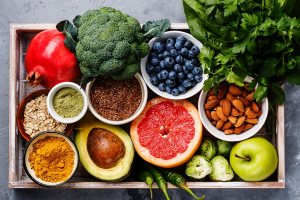
Processed food is devoid of all the nutrition that it once had. Processed foods strip food of its natural nutrients, leaving behind empty calories, chemicals and preservatives. These effects can lead to obesity and serious health concerns. As such, processed food is considered by some to be as damaging as smoking or excessive drinking because it negatively impacts your health in a way that these other two things might not.
Benefits of processed food
1. Processed food makes it easier for some people to prepare and consume meals. For those who have a busy schedule and little time to cook, processed foods can be a time saver.
2. Processed food can be quick and easy to purchase, even in the late hours of the day or night. This is especially true of fast food restaurants, which are usually open 24 hours a day.
3. Processed food provides dietary variety that is often lacking in natural, unprocessed foods. Unfortunately, this comes with a health price tag for many types of processed food products, as explained below.

Processed food content
Every processed food product contains genetically modified ingredients (GMO), artificial colors and preservatives that are not found in nature. These ingredients have been linked to many health concerns, including increased risk for cancer and other diseases. For this reason, many people avoid processed foods all together, which can be inconvenient and expensive.
There is a difference between healthy and unhealthy processed foods, as well. Processed foods that are high in fat, sugar or salt often have the same nutritional value as other natural foods with similar ingredients.
But, processed foods that have high levels of simple carbohydrates like white bread and white pasta often contain less nutrition than other similar natural foods. This is because these complex carbohydrates are broken down very quickly in your body to simple sugars. Some processed food products also contain trans fats, preservatives and artificial colors that contribute to health concerns.












